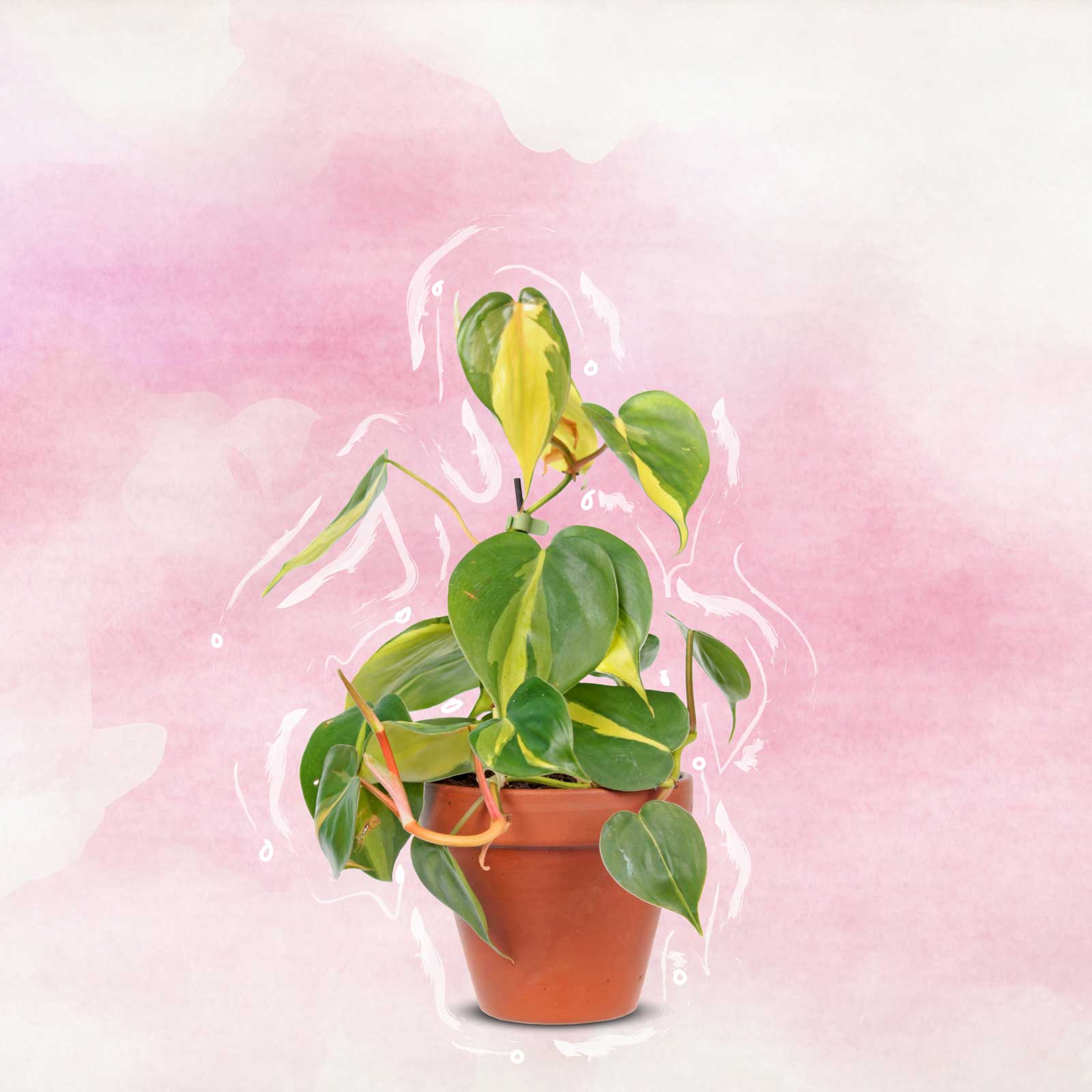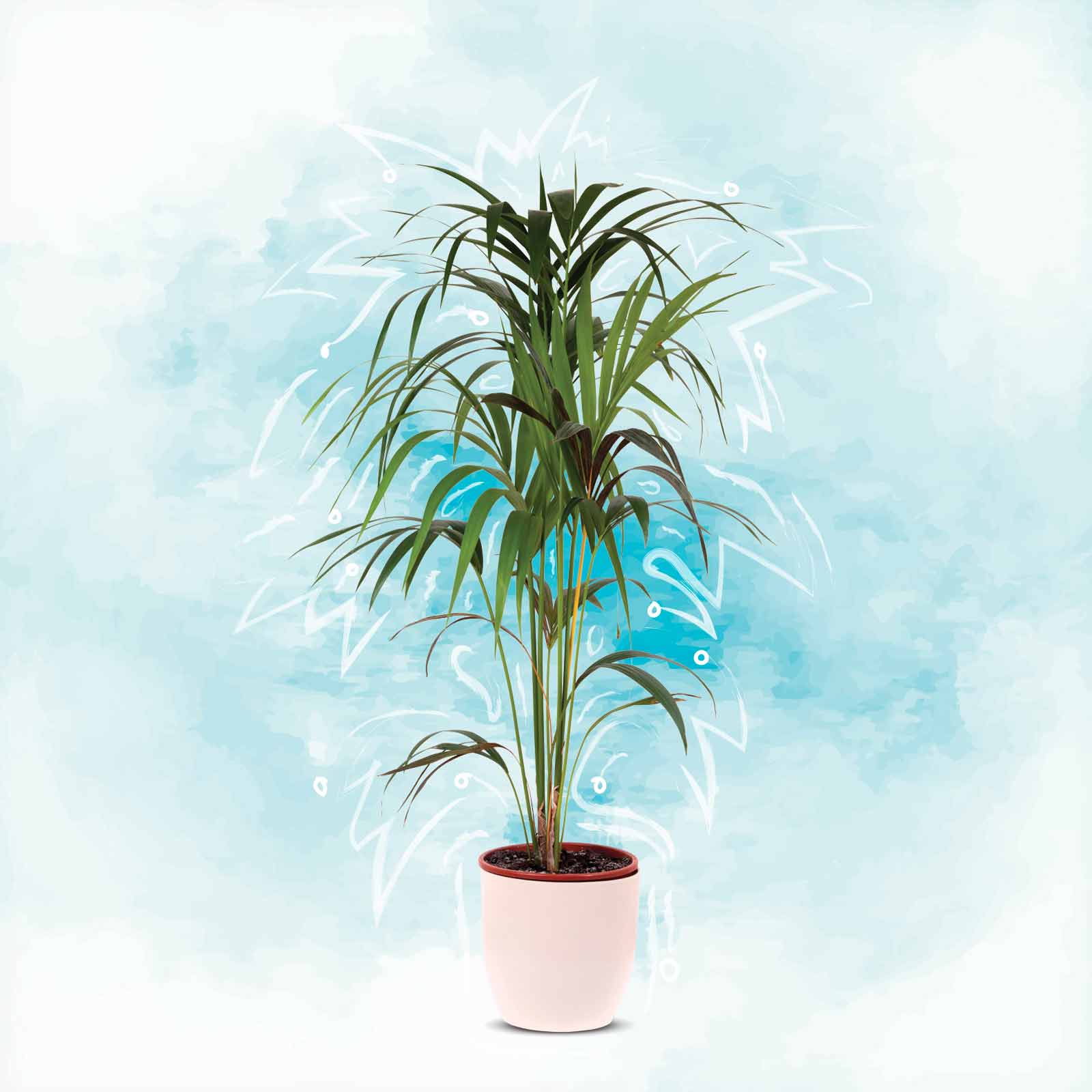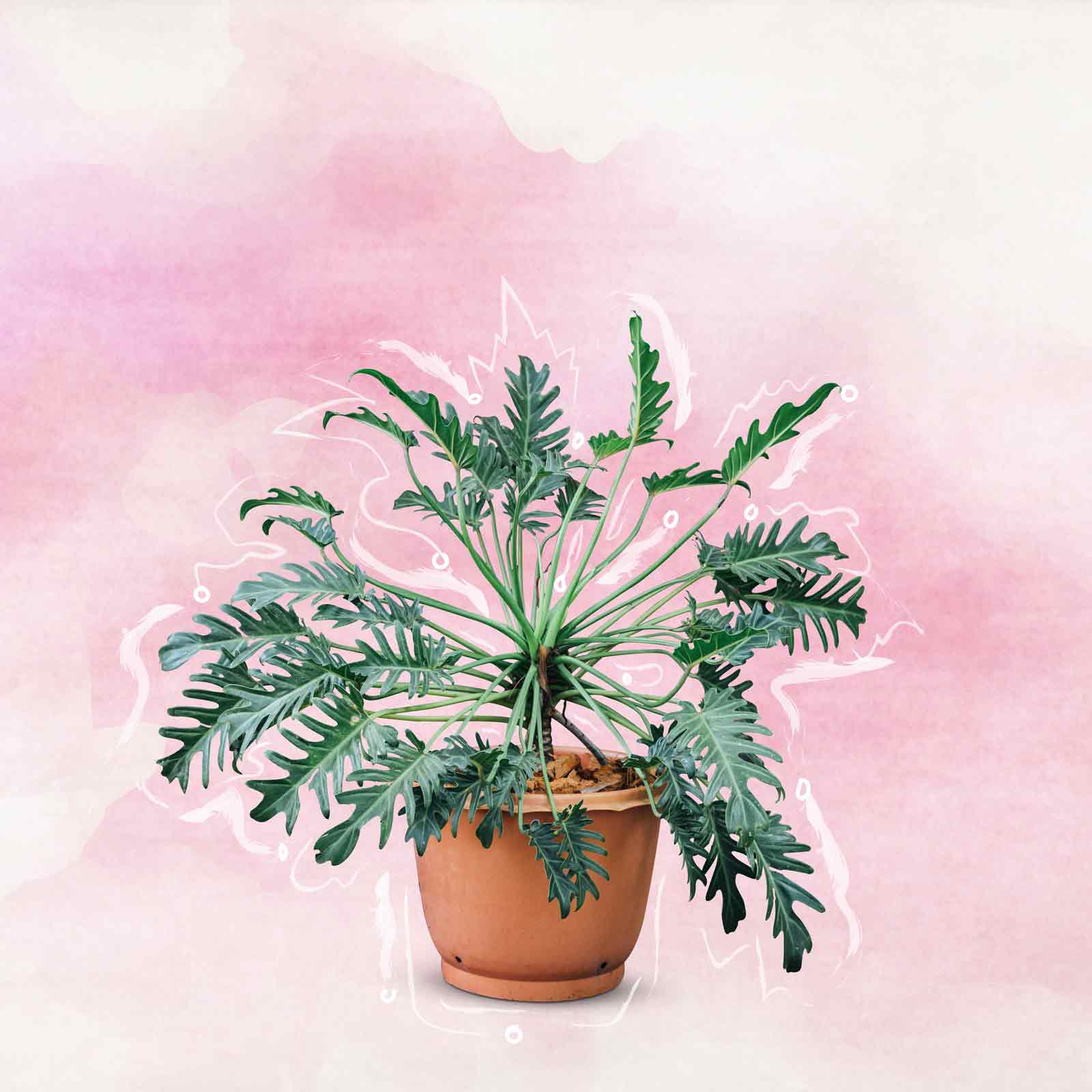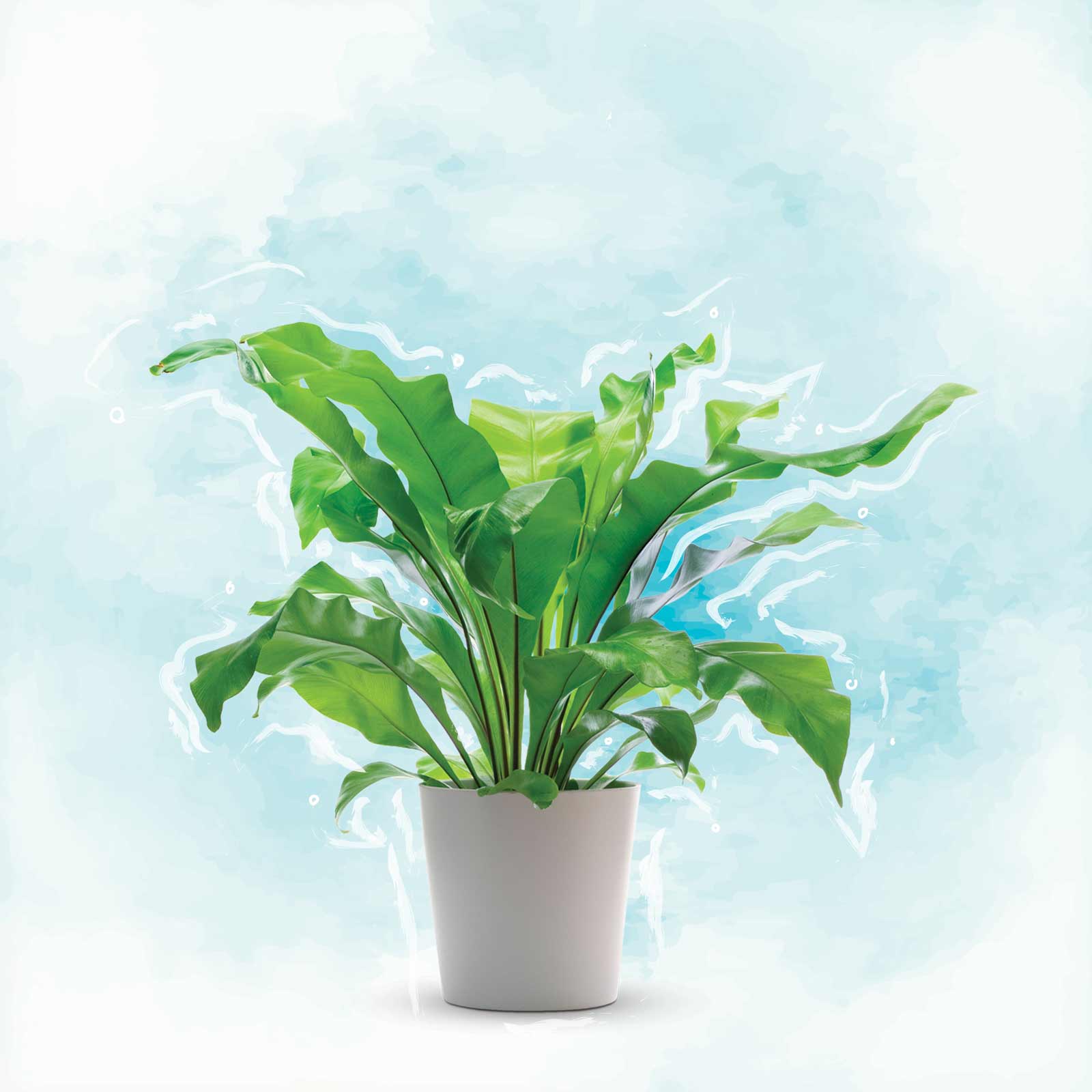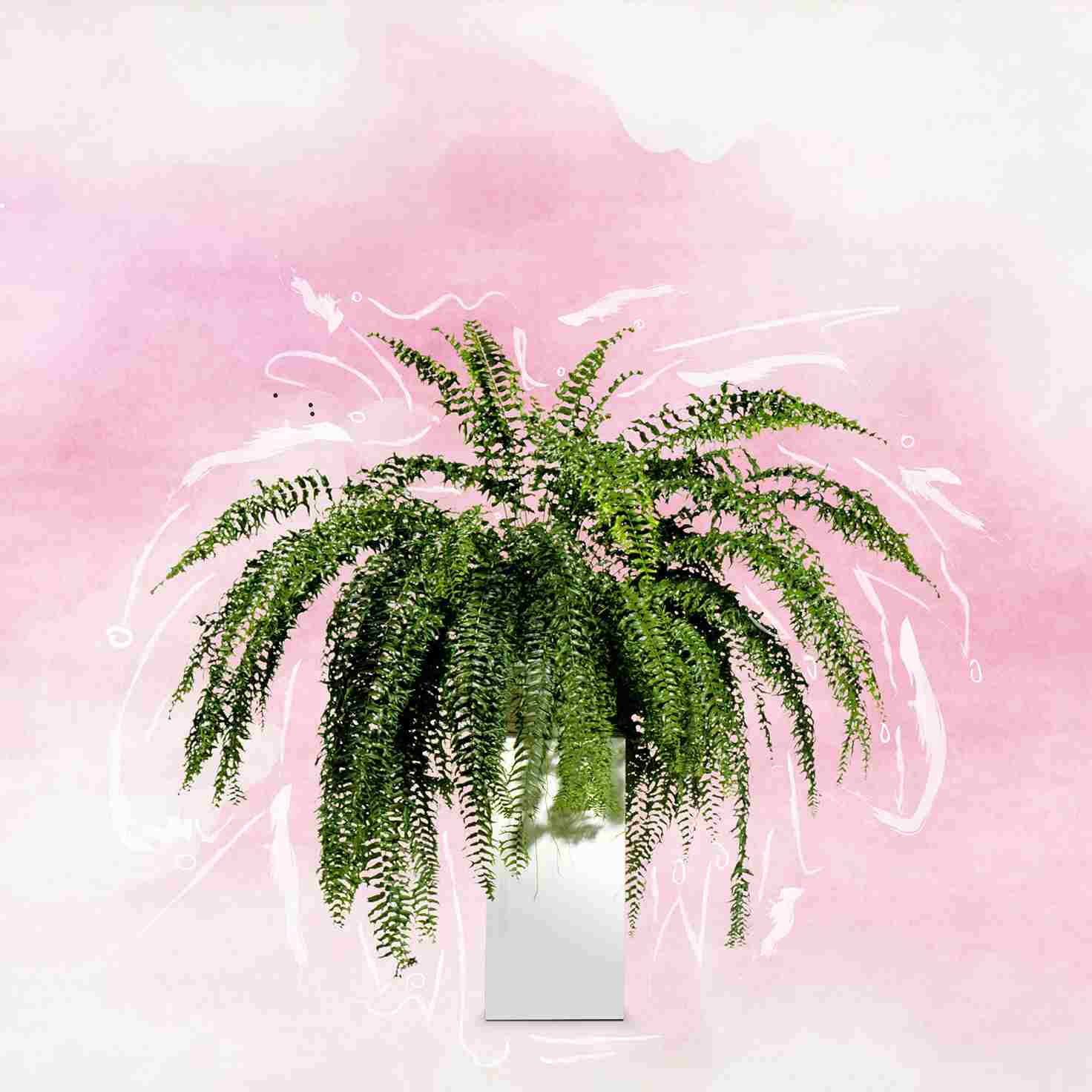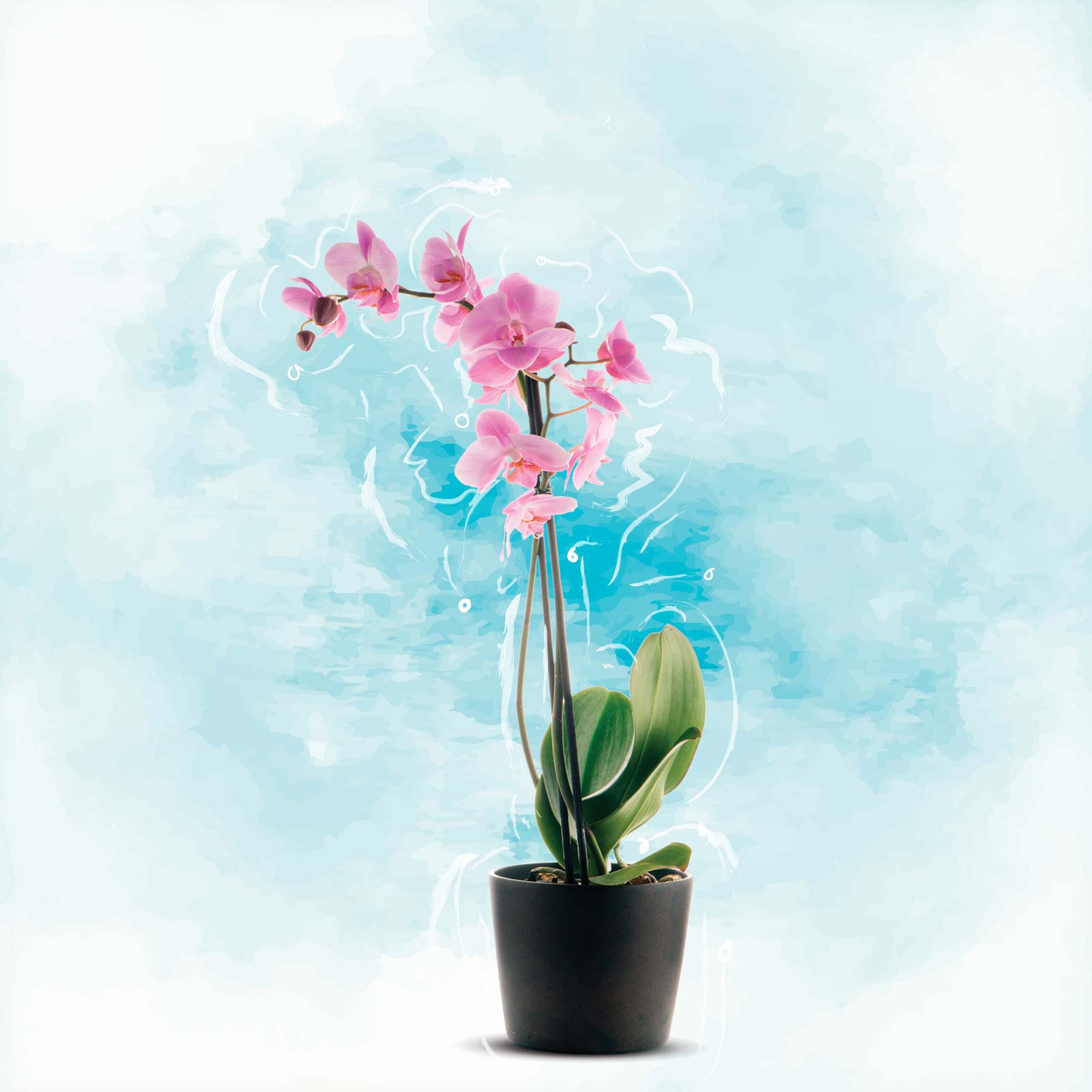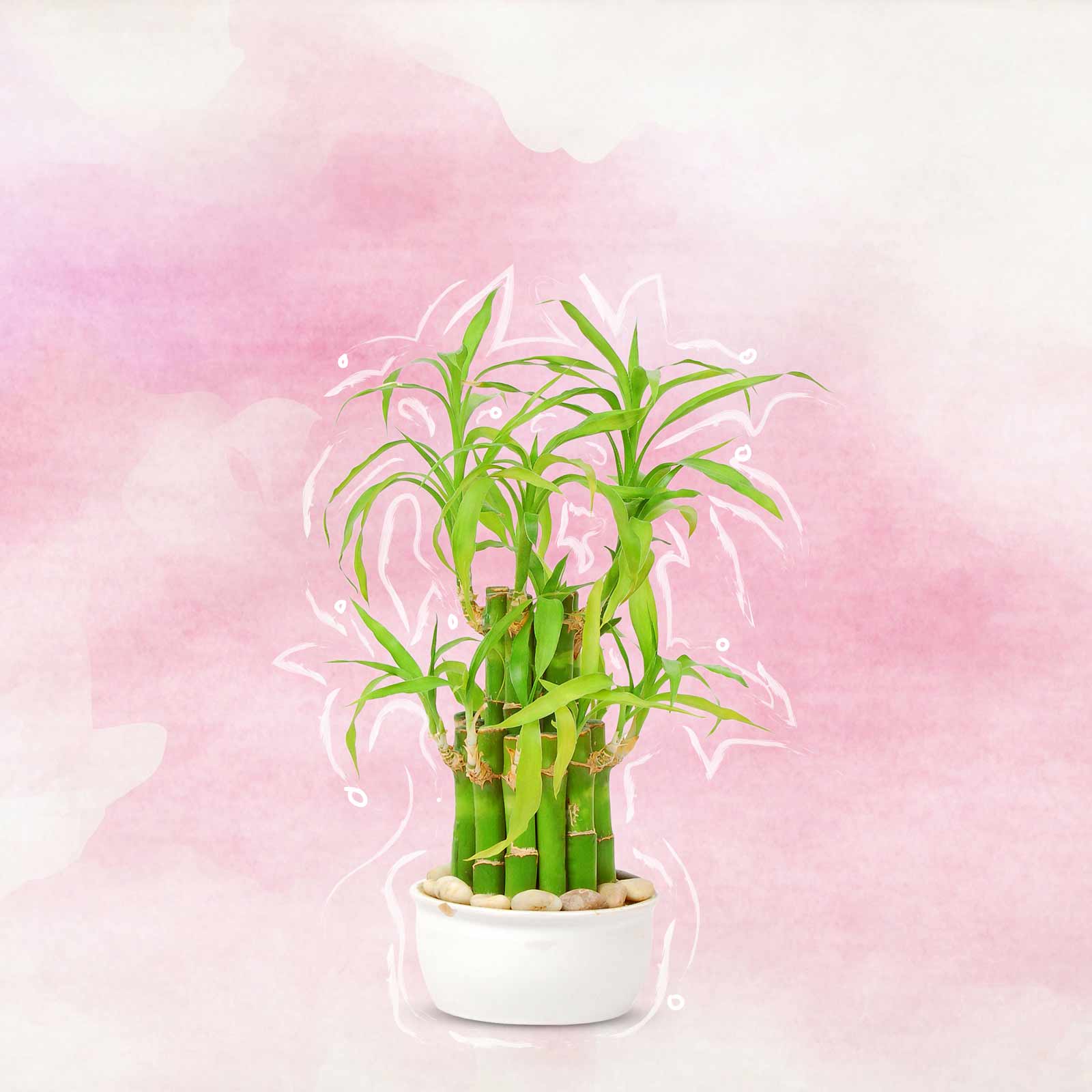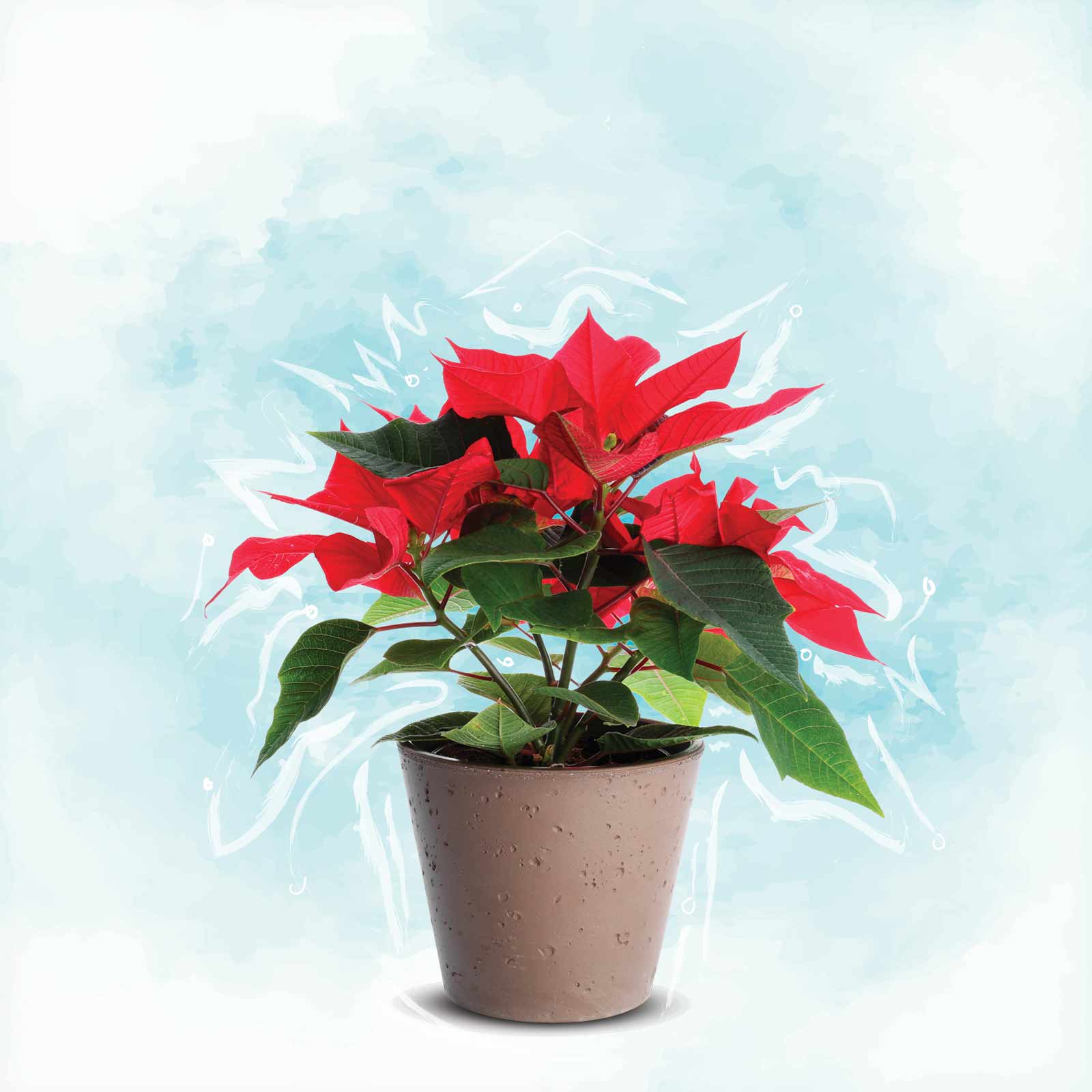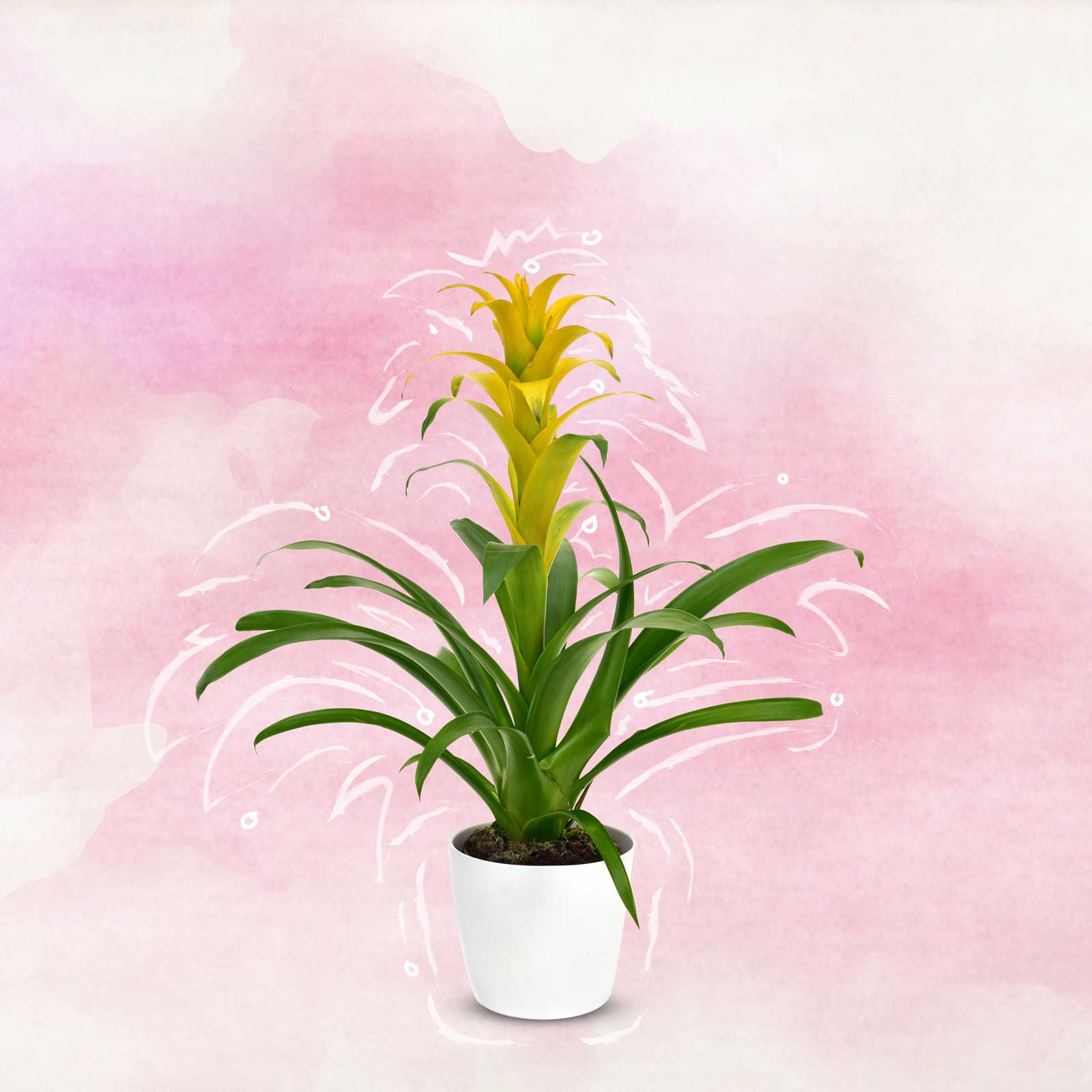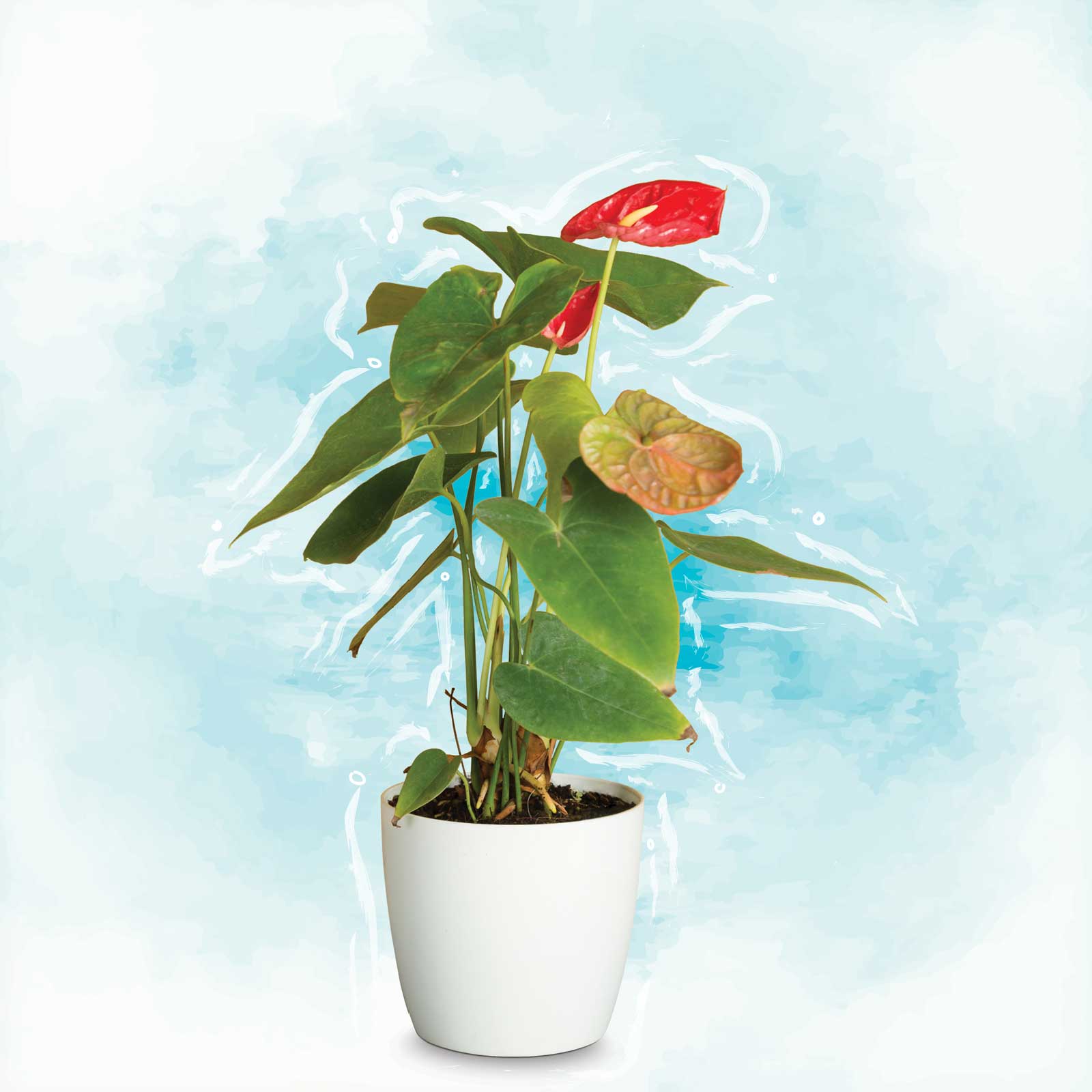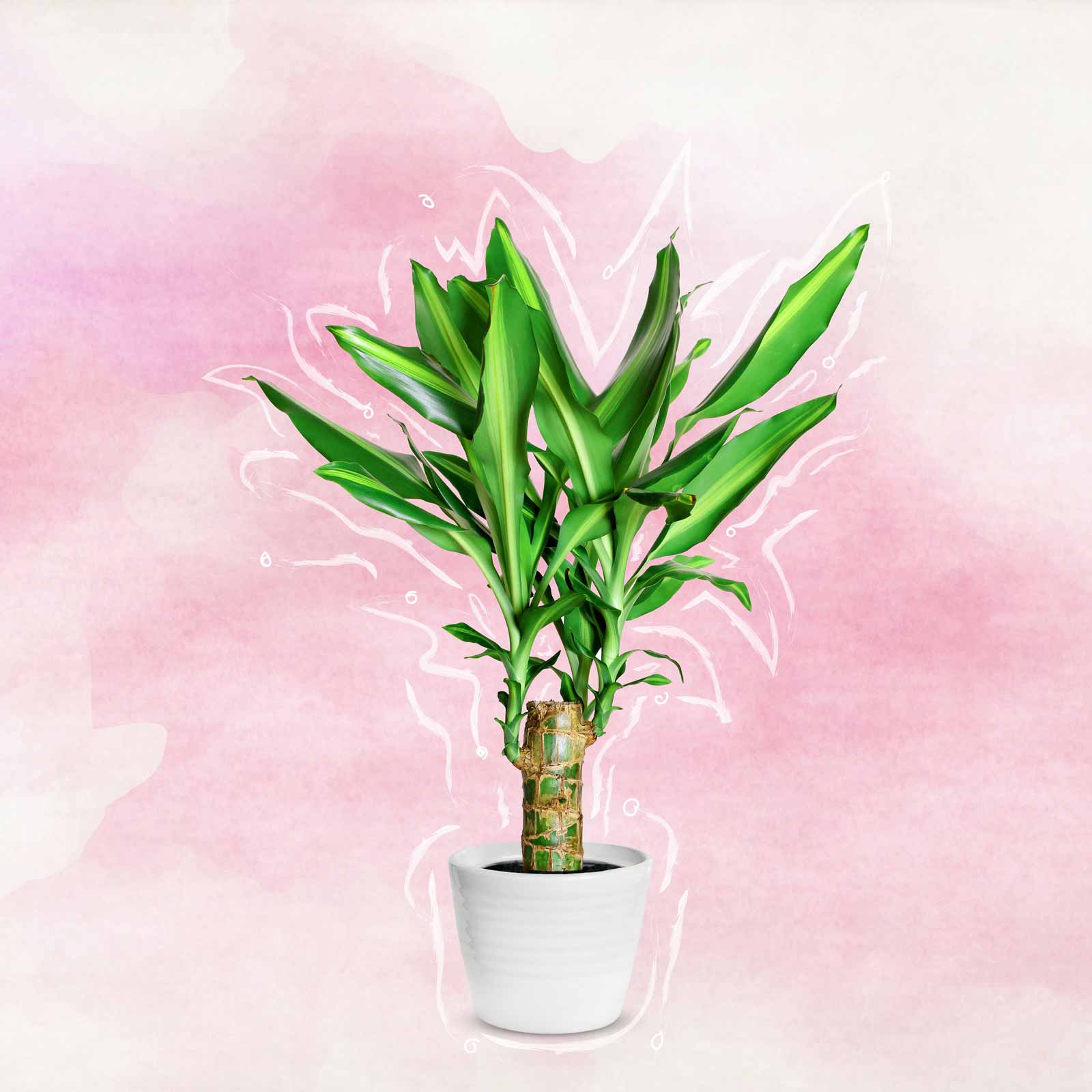Kitchens
- Category Name
- Kitchens
Get an approximate budget for your kitchen design by sharing your space details.
Speak to our design professionals
Share your info, we’ll book your slot.
Will you be living in your space during the renovation?
 Previous Question
Previous Question
 Previous Question
Previous Question
Please Select Date and Day
Appointment Date & time

An instant—not to mention cheap—decor fix, these plants come heavily recommended by interior and landscape designers
Layering your interiors with houseplants is a go-to option when you feel like changing things around. They are a quick fix, don’t involve heavy lifting and add a bit of colour. Mumbai-based interior designer Pavitra Rajaram says, “My failsafe for any space I’m decorating is adding books and flowers. They add character, warmth, freshness and style.” Architect Mangesh Lungare, who is using a few large-sized plants in his projects, says, “I use plants extensively. We start by looking at the personality of the plants to see how they would fit into the homes.”
Here’s our list of popular indoor plants, with recommendations from the experts on where to place them.
Philodendron
Need to know: Extremely popular indoor plants, there are over 400 varieties largely divided into trailing and non-trailing (with larger leaves). It readily adapts to any indoor environment, round the year and grows best in bright indirect sunlight.
Tip: Let the surface inch of soil dry out before you water. Droopy leaves mean that the plant is getting too much or not enough water. They’ll recover fast enough once that problem is rectified.
House Proud: The trailing philodendrons look remarkable especially if they’re placed at a height, such as on the top shelf of a bookcase. Plant expert Adrienne Thandani recommends the Philodendron Bipinnatifidum.
Kentia
Need to know: Grows slowly but well in tropical climates. Needs good amount of light and regular watering but can tolerate low light, less water, even dust and heat.
Tip: Water only when the topsoil dries out.
House Proud: Also called the Sentry Palm, it makes for a great first impression if placed in entryways. Rajaram says, “It is a popular choice among interior decorators because it is well suited for container growing.”
Xanadu
Need to know: The Philodendron Xanadu is sometimes referred to as Philodendron Winterbourn. Large, but compact and easy to grow, it can tolerate bright light, but grows better in filtered sunlight.
Tip: According to Thadani, this plant works for “people who don’t have much light in their apartment”.
House Proud: With its shiny green leathery leaves and impressive height, it works great as a focal point in a shady corner that receives dappled sunlight.
Bird’s Nest Fern
Need to know: Commonly referred to as the Cobra Fern, it is one of the easiest ferns to grow; appreciates indirect light and loves humidity—in a humid greenhouse, it can grow as high as 6 feet!
Tip: Needs a fair bit of humidity to thrive
House Proud: Dr Akshay Joshi of Pune-based Nursery Live says, “Widely grown as houseplants, they are natural humidifiers and known for attractive leaves.” Lungare says, “We’re using a 6 feet by 8 feet bird’s nest fern indoors in one of our projects, as well as in my own office.”
Fishtail Fern
Need to know: Triangular green leaves that look a bit like a fish’s tail give the plant its name. It prefers cool to moderate temperatures and indirect sunlight; requires less humidity than most other ferns; ideal for lower light conditions, but not too low as to be verging on darkness.
Tip: Doesn’t do well if exposed to extreme temperatures, drafts or dry air, so watch that AC!
House Proud: Its sculpted leaves can add elegance to a corner of the living room that’s within range of a window.
Orchids
Need to know: Require a good amount of humidity, indirect light and not much watering. Keep away from any sort of exposure to dry air.
Tip: Orchids losing their flowers doesn’t really spell the end of the plant; you can make them bloom again. They need a month of temperature fluctuations, regular fertilising and tons of patience.
House Proud: Orchids are extremely popular decor accessories, coming as they do in a variety of sizes and colours, from blue to white to rich purples. They can pretty-up any space so place them on side tables, in the foyer or even in the kitchen.
Lucky Bamboo
Need to know: Requires low to medium light (err on the side of less light if you’re not sure how much is too much); change the water every week or so. These plants grow in water and in soil.
Tip: If growing in water, the level should be about 2 inches above the roots. They are very sensitive to chlorine and other chemicals found in tap water, so use filtered water.
House Proud: Dr Joshi recommends putting them in decorative pots and pebbles.
Poinsettia
Need to know: Needs a decent amount of light; water when the soil feels like it’s drying out.
Tip: Make sure you don’t leave it in water and keep it away from any drafts or vents.
House Proud: Landscape architect Hemali Samant recommends placing them on window ledges or table tops. Its bright red and green colours make it ideal as a Christmas special.
Bromeliad
Need to know: Requires bright indirect light; needs soil that is moist but not soggy.
Tip: If you forget to water, this plant won’t hold it against you—it can adapt to drought conditions.
House Proud: Enhance the interiors of a living room or a den or as Samant recommends, place it on a window ledge.
Anthurium
Need to know: Likes medium amount of indirect light and regular watering when the soil is dry.
Tip: This flowering plant acts as an air purifier and will help you breathe better. It will have fewer blooms in low light and doesn’t like constantly moist soil. The Anthurium Scherzerianum variety is believed to be the most forgiving of anthuriums.
House Proud: All anthuriums have bold-coloured flowers and look dramatic as a centrepiece. According to Dr Joshi, “This flowering plant looks good on a balcony ledge.”
Dracaena
Need to know: This is available in 40 varieties and requires bright but filtered light and moist soil; it doesn’t like the cold.
Tip: If the leaves start to droop or turn yellow, it’s a sign of too much water and not great drainage.
House Proud: Versatile and easy to grow, and looks pretty with its distinctive, strappy leaves—ideal near a window.
Quick Tips:
- Use one big plant as a focal point and then smaller clusters of plants to add depth below.
- Brick or simple garden stools could be used to create heights for more visual interest.
- Hanging plants are great space savers. Thadani says, “I like when plants cascade over; ferns work great as hanging plants”. Shecautions:“Remember to mist them often for moisture, as they get more breeze and hence dry out faster.”
- If you have a mind to get a fern for the house, then Thadani has a word of caution: “These guys don’t do too well with the AC on all the time.Ferns like shade, but they also like misty, humid conditions. So constant AC is an absolute no. A really sunny bathroom would be a good place for them.”
- For fragrant flowering plants, only natural fertilisers—like used tea leaves and mulch—are advisable, because chemical fertilisers can kill the scent.
- As a rule, Thadani adds, “Figure out the conditions your plant is happiest in, observe it and recreate those conditions for it. When the season turns or when the weather is not ideal, make sure you protect it.”
- Think about what kind of planters you want to use. While Rajaram likes ceramic planters from Mumbai’s Gaia Pottery, Dr Joshi recommends planters made from “fibre, cement, coco coir, clay, metal” apart from ceramic.
For expert design consultation, send us your details and we’ll schedule a call
Yes, I would like to receive important updates and notifications on WhatsApp.
By proceeding, you are authorizing Beautiful Homes and its suggested contractors to get in touch with you through calls, sms, or e-mail.
Our team will contact you for further details.
We were unable to receive your details. Please try submitting them again.




